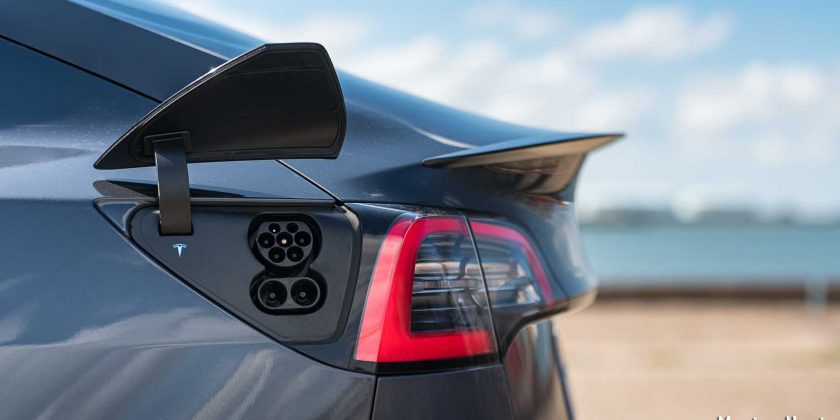Fortunately, 100 new EV models are expected to debut in the US in the next 3 years.
Electric vehicles account for only 2.4% of the total retail sales volume in the United States, but owners of these types of vehicles have shown that they are strongly committed to the technology. Findings of the inaugural J.D. Power 2021 Electric Vehicle Experience (EVX) Ownership Study bear this out—regardless of the level of satisfaction an owner has with the vehicle.
For example, among the most-satisfied owners (those with satisfaction scores of 900 and above, on a 1,000-point scale), 95% say they “definitely will” repurchase an EV. When overall ownership satisfaction scores are low (below 600 points), 65% still say they “definitely will” repurchase an EV.
This is where things get tricky for automakers. Although current owners appear to be dedicated to the technology, they also show little loyalty to their chosen brand. Fewer than two-thirds (64%) of the most-satisfied owners who say they “definitely will” repurchase an EV intend to repurchase one of the same brand.
With nearly 100 new EV models expected to debut in the United States in the next three years, consumers will have a greater variety from which to choose, so it’s important for automakers and dealers to ensure a highly satisfying ownership experience to increase intended brand loyalty. And, despite owners’ commitment to the technology, automakers and dealers face additional challenges as market share increases, specifically due to reasons why owners cited they chose to purchase an EV in the first place.
Cost of ownership is appealing
Expected lower ownership costs is among the most-cited reasons for purchasing an EV instead of a vehicle with an internal combustion engine (ICE)—as noted by 70% of mass market EV owners and 53% of premium EV owners. Buyers who don’t feel their purchase delivers on those savings have the potential to become frustrated with their ownership experience and look for another brand.
Additionally, in the mass market segment, tax credits/incentives play a very critical role in driving EV sales. Nearly two-thirds (64%) cited this as a reason for buying an EV. However, this shouldn’t be a long-term selling point for automakers planning mass market introductions. Early entrants will reap these benefits but, eventually, sales volumes will reach a level where these incentives are no longer feasible or available. EV manufacturers and their dealers should begin to tailor messaging to address other areas these buyers find important for their purchase consideration: environmental benefits being one in particular.
Fewer annual service visits
Service is an additional revenue stream many dealerships rely on once a vehicle has been sold. However, EVs have fewer parts and require fewer service visits as evidenced by only 54% of battery electric vehicle (BEV) owners saying they took their vehicle in for service within the past 12 months. By comparison, 77% of owners of plug-in hybrid electric vehicles (PHEV)—which more closely align with tradition ICE vehicles—brought their vehicles in for service during the same time period.
Digging a little deeper, PHEV owners indicate their service included routine maintenance 83% of the time vs. 28% of the time for BEV owners. With the expected rise of EV sales, dealers’ service departments face some looming challenges from reduced revenue opportunities to having the ability to develop relationships with owners.
But the silver lining is this: When service is required, 93% of PHEV owners are bringing their vehicles to their selling dealer or brand service center instead of other dealers or independent repair shops. Similarly, 68% of BEV owners do the same, and another 25% of BEV owners take advantage of mobile service opportunities.
As new EV models start arriving in showrooms, dealers must be ready to interact with buyers who are loyal to the EV segment but not necessarily loyal to the brand. Dealers should understand that there will be less routine maintenance and fewer service visits. The successful dealers will be those who effectively understand EV owners’ motivations and needs—and give them a reason to come back.
# # #
Brent Gruber is the senior director, global automotive at J.D. Power, leading the company’s electric vehicle experience studies.
Source:J.D. Power
Source: Read Full Article
